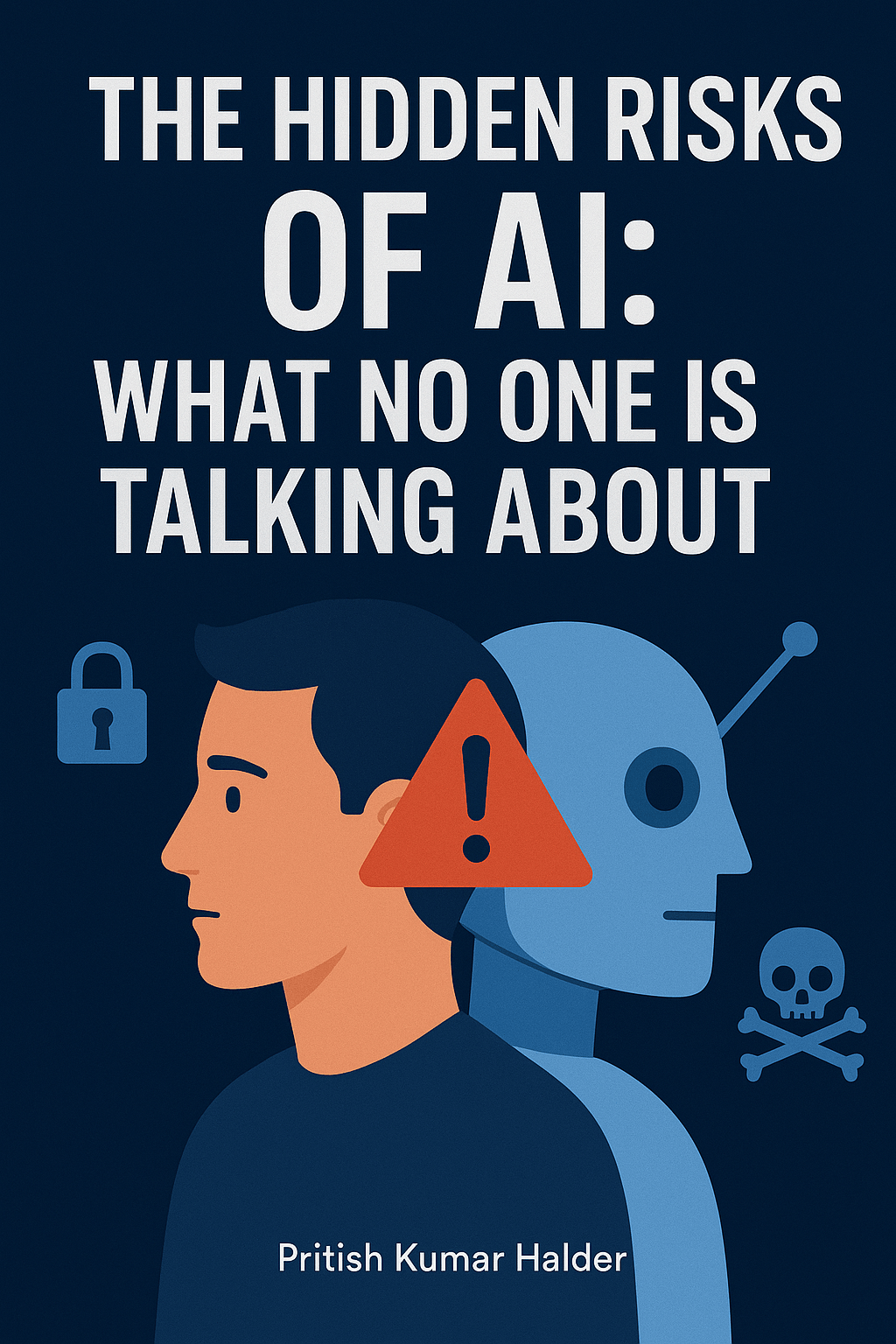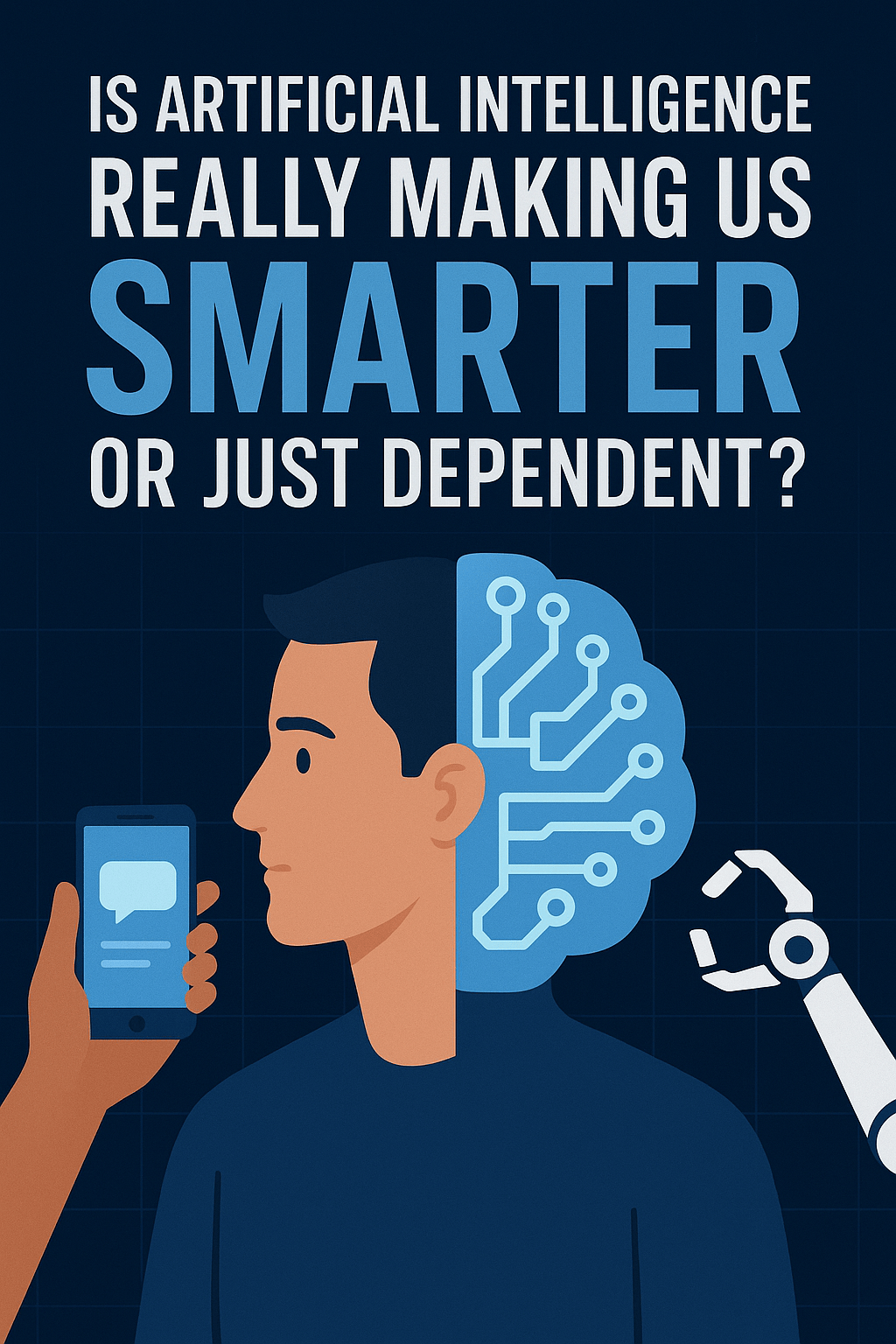The year 2025 is shaping up to be a pivotal moment in the evolution of healthcare across Canada, all thanks to the powerful influence of Artificial Intelligence (AI). From streamlining diagnostics to personalizing treatment plans, AI is no longer just a buzzword—it’s a life-changing reality. Imagine a healthcare system where diseases are detected faster, treatment is more tailored, and outcomes are dramatically improved, all with the help of AI.
It might sound like science fiction, but it’s happening right now in Canada. Today, we’re diving into how AI is transforming healthcare—from the lab to life—and what this means for Canadians in 2025.
1. Smarter Diagnostics: AI as the New Doctor’s Assistant
Gone are the days of waiting weeks for test results. With AI-powered tools, Canadian doctors can now receive instant insights on test results, allowing for quicker, more accurate diagnoses.
AI algorithms are being used to analyze medical images, like X-rays and MRIs, at a speed and accuracy that rivals even the most experienced radiologists. For instance, Canadian hospitals like the Sunnybrook Health Sciences Centre in Toronto have started using AI to detect early signs of cancers, heart diseases, and even neurological disorders with precision that significantly reduces human error.
This technology doesn’t just save time—it saves lives by catching critical conditions before they become life-threatening.
2. Personalized Medicine: AI Tailoring Treatment Just for You
Imagine a world where your treatment plan is as unique as your DNA. In 2025, that world is becoming a reality in Canadian healthcare. AI is helping doctors take personalized medicine to the next level by analyzing genetic data, medical history, and even lifestyle factors to recommend treatments that are customized to each patient.
Institutions like McGill University Health Centre in Montreal are already using AI to create tailored cancer treatments, ensuring each patient receives the most effective care for their unique condition. This approach is more precise and reduces the risk of ineffective treatments.
3. AI-Powered Predictive Analytics: Preventing Health Issues Before They Occur
What if we could predict health issues before they even happen? That’s where AI comes in. Using vast datasets and machine learning algorithms, AI can forecast the likelihood of a patient developing specific conditions based on their genetics, lifestyle, and environmental factors.
In Canada, AI-driven predictive models are already being used to predict everything from heart attacks to strokes. Hospitals and clinics are able to flag high-risk patients and intervene early, drastically improving health outcomes. Imagine getting an alert on your phone that says, “You’re at high risk for diabetes,” allowing you to take preventive steps before it’s too late.
4. Virtual Health Assistants: AI Making Healthcare More Accessible
Canada’s vast geography challenges access to healthcare in many remote areas. But AI is changing this, with virtual health assistants providing patients with remote care at their fingertips.
AI-driven apps and platforms like Babylon Health and Maple have revolutionized telemedicine in Canada. By offering instant consultations, medication prescriptions, and health advice, these platforms allow Canadians, no matter where they are, to receive expert medical care without stepping foot in a clinic.
In fact, these virtual assistants can track your health metrics, remind you to take your medication, and even suggest lifestyle changes based on your health data—acting as your personal health coach.
5. Revolutionizing Research: AI Speeding Up Medical Discoveries
AI is not just improving patient care—it’s accelerating the entire process of medical research. In Canadian universities and research labs, AI is being used to analyze complex biological data, uncover new drug therapies, and even assist in vaccine development.
The University of Toronto and Ottawa Health Research Institute are just two of the institutions where AI is helping researchers identify new patterns and connections in health data faster than ever before. In 2025, this could mean faster breakthroughs in treatments for diseases like Alzheimer’s, cancer, and autoimmune disorders.
What’s Next for AI in Canadian Healthcare?
Looking ahead, AI is set to play an even larger role in the Canadian healthcare system. As more hospitals and healthcare professionals integrate AI tools into their practices, the potential for improving care, cutting costs, and reducing wait times is immense. With AI, we’re not just enhancing the future of healthcare—we’re creating it.
A Healthier, Smarter Future Awaits Canadians
Canada is at the forefront of AI-driven healthcare innovation, and 2025 is just the beginning. From faster diagnoses to personalized treatments and virtual healthcare solutions, AI is making healthcare more efficient, accessible, and patient-centered. As these technologies evolve, Canadians can look forward to a healthier future where medical care is more accurate, affordable, and efficient than ever before.











